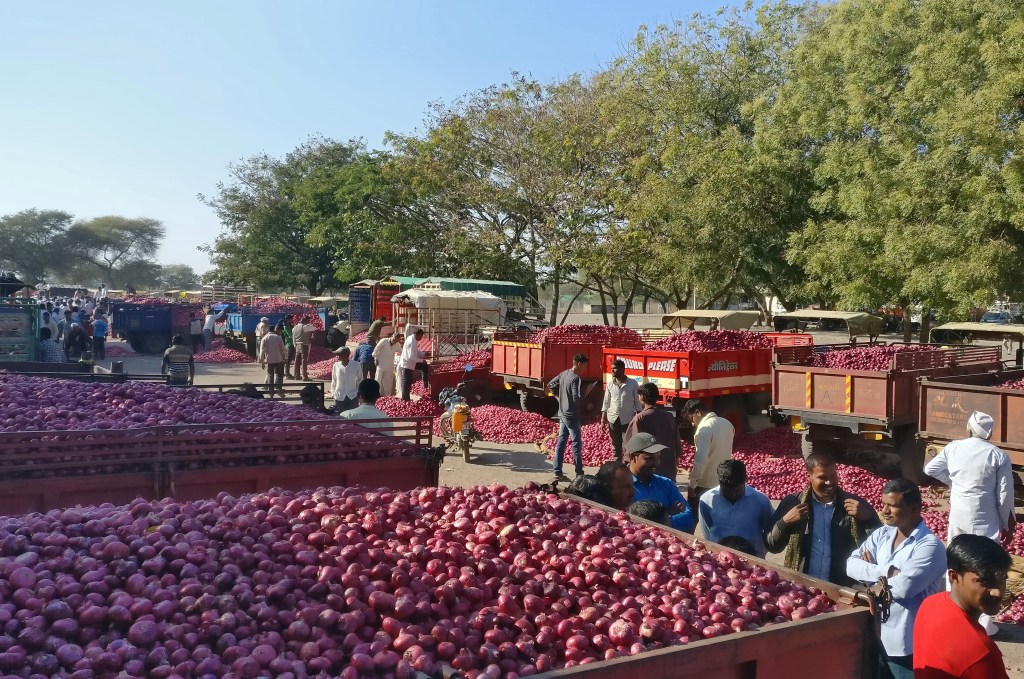To ensure transparency in the procurement, the government will introduce direct benefit transfer (DBT) for ensuring payments to the farmers within a week of purchase of onion at market rate by the designated agencies for the buffer.
Sources told FE that farmers would be asked to register on the portal with bank details so that the payment is made to farmers within seven days of procurement of the staple vegetable. Currently the government is buying tur dal directly from the farmers through DBT mode.
Earlier, the two agencies — farmers’ cooperative Nafed and National Cooperative Consumers’ Federation of India (NCCF) engaged in onion procurement for building the buffer used to pay to the federations or cooperatives in Maharashtra, subsequently released to farmers.
For procurement of 0.5 million tonne (MT) of onion for buffer for the current fiscal, the Nafed and NCCF have been entrusted with the task of purchasing 0.25 MT each. Last fiscal, Nafed and NCCF had purchased 0.64 MT of onion from farmers for the buffer. NCCF and Nafed ensure calibrated disposal of the procured stocks in major cities to curb price rise. The buffer is supported under the price stabilisation fund managed by the department of consumer affairs.
Sources said from the current year, federations keeping onion in their storage facilities for buffer, will have to supply atleast 85% of the stored vegetable for market intervention programme following the government directives. “We have capped storage losses at only 15% while earlier years it used to be higher,” a source told FE. In addition, 60% of onion to be supplied would be Grade-A quality, as per the proposed guideline.
There are also proposals to dispose of onions under buffers through the government’s electronic – National Agriculture Marker (e-NAM) for transparent bidding and price discovery. In addition, sources said that for the transportation of onion from the storage to respective mandis in consuming states, there is a proposal to enable trucks with GPS systems for tracking actual movement of the consignment.
“The continuous procurement by the NAFED and NCCF have guaranteed remunerative prices for onion farmers all through the year in 2023,” according to an official note.
It stated that the recent decision to extend onion export prohibition has been necessitated by the overall domestic availability against the prevailing international prices and global availability concerns.
India has imposed a ban on onion exports since December, 2023 after the modal retail prices of the key agricultural commodities doubled to Rs 60/kg from Rs 30/kg reported in September last year. Currently, retail modal prices of onion is Rs 30/kg.
The export prohibition on onions which was earlier valid till March 31, 2024 has been extended indefinitely.
However, India has approved 79,150 tonne of onion exports to UAE, Bangladesh, Sri Lanka and Mauritius so far.
Recently the agriculture ministry has estimated that onion production is likely to fall by 16% to 25.47 MT in the current crop year compared to 2022-23 due to a decrease of 3.43 MT in Maharashtra, the biggest producer of the staple vegetable.
Retail inflation onion was 22.1% in February, while prices rose by 29.69% in January 2024 on year. However, the farmers groups have demanded lifting the ban on onion exports imposed as supplies have risen in the market


